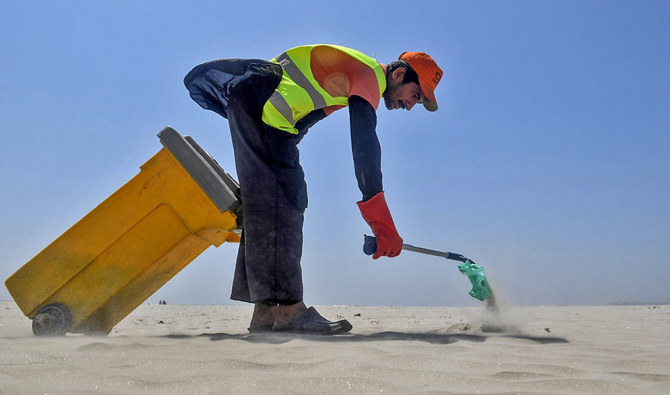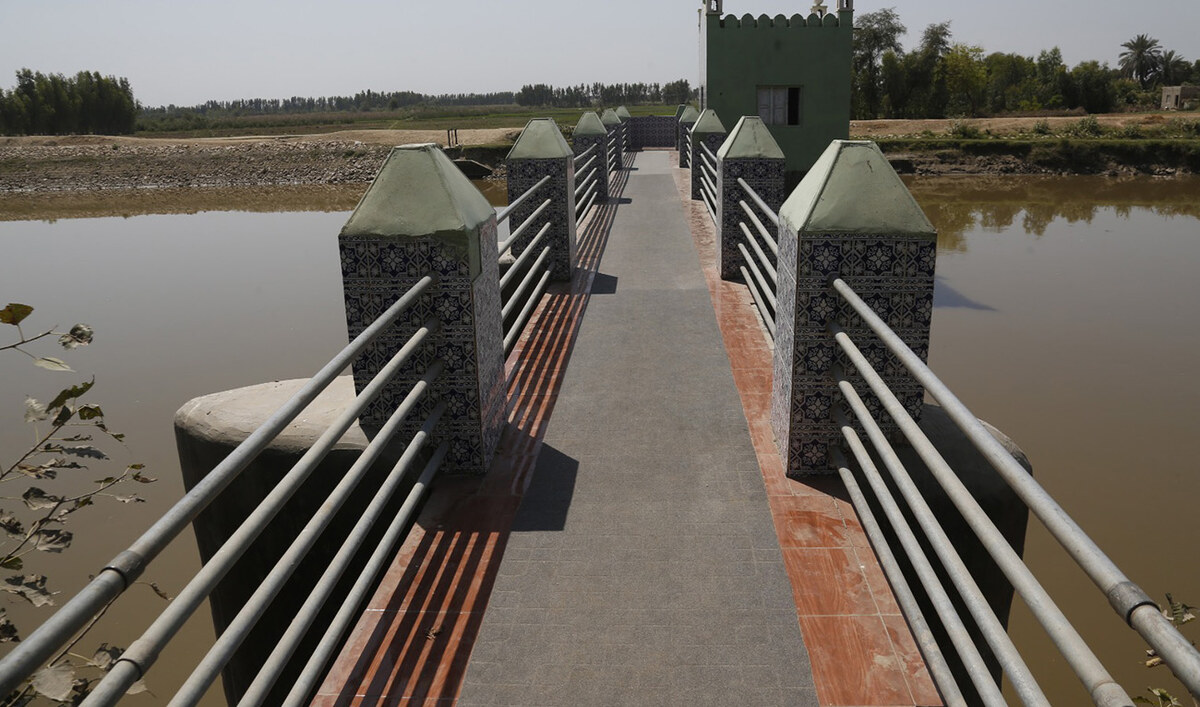ISLAMABAD: Prime Minister Shehbaz Sharif on Monday expressed Pakistan’s unwavering commitment to combat plastic pollution on the occasion of World Environment Day, amid global efforts to sustain a liveable planet.
The World Environment Day, which is annually observed on June 5, encourages awareness and action for the protection of environment. Supported by government entities, non-governmental organizations and businesses, it represents the primary United Nations outreach day supporting the environment. This year, the day is being celebrated under the theme #BeatPlasticPollution.
Pakistan, a nation of more than 220 million, ranks among countries most vulnerable to climate change. The South Asian country last year witnessed disastrous floods that killed more than 1,700 people, affected 33 million Pakistanis and caused more than $30 billion losses.
In his message on the occasion, PM Sharif said his government recognized the urgent need to reduce plastics and had taken several steps to put Pakistan on a path to sustainable use of resources.
“With an estimated 70 percent of plastic waste being improperly disposed of, Pakistan recognizes the urgent need for action. The government has prioritized the adoption of environment-friendly alternatives and is actively working on the Plastics Prohibition Regulation 2023 for ICT (Islamabad Capital Territory),” Sharif said in a statement.
“This regulation will establish a comprehensive framework and timeline for phasing out single-use plastics, while also leading by example on a plan to reduce and then ban the use of single-use plastics by the entire federal government.”
The prime minister urged citizens, businesses, civil society organizations and the media to renew their commitment in fight against plastic pollution and preserving the planet’s biodiversity for future generations. He emphasized the importance of empowering local communities, supporting recycling initiatives, and promoting a circular economy that minimizes such waste.
Pakistan’s Minister for Climate Change Senator Sherry Rehman said the consequences of plastic pollution were intense and long-term as it irreversibly damaged the environment and threatened the very fabric of life on earth.
She urged for immediate action against plastic pollution that was projected to triple by 2060, sharing a 7Rs action agenda that stood for reduce, redesign, reuse, recycle, responsibility, research and resource.
Sherry Rehman highlighted Pakistan’s commitment to promoting a sustainable circular economy for plastics by reducing waste, consumption, and encouraging reuse, recycling, and material recovery.
The Minister stressed the need for an incentive-driven approach to encourage consumers to change their plastic consumption habits.






















